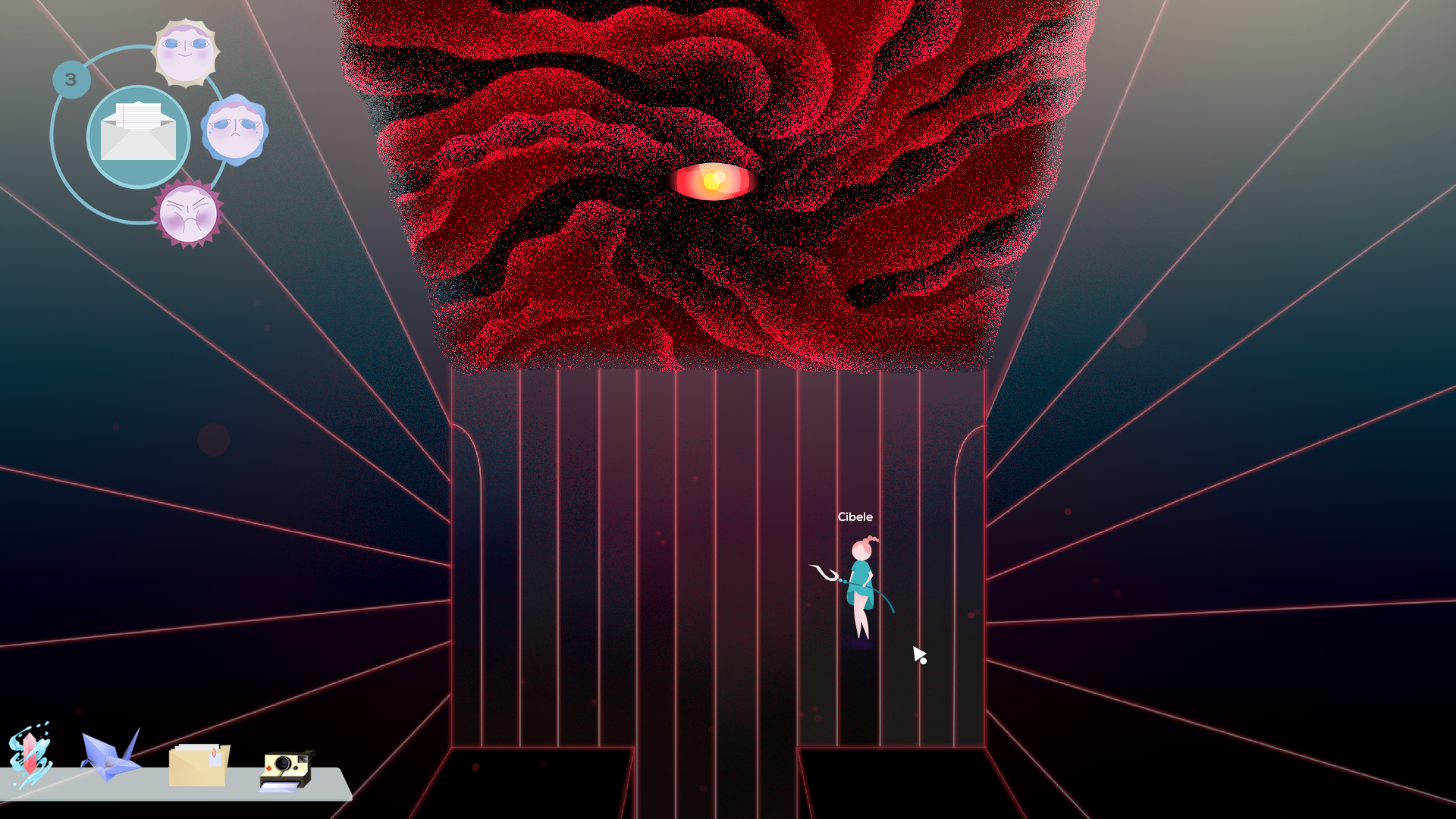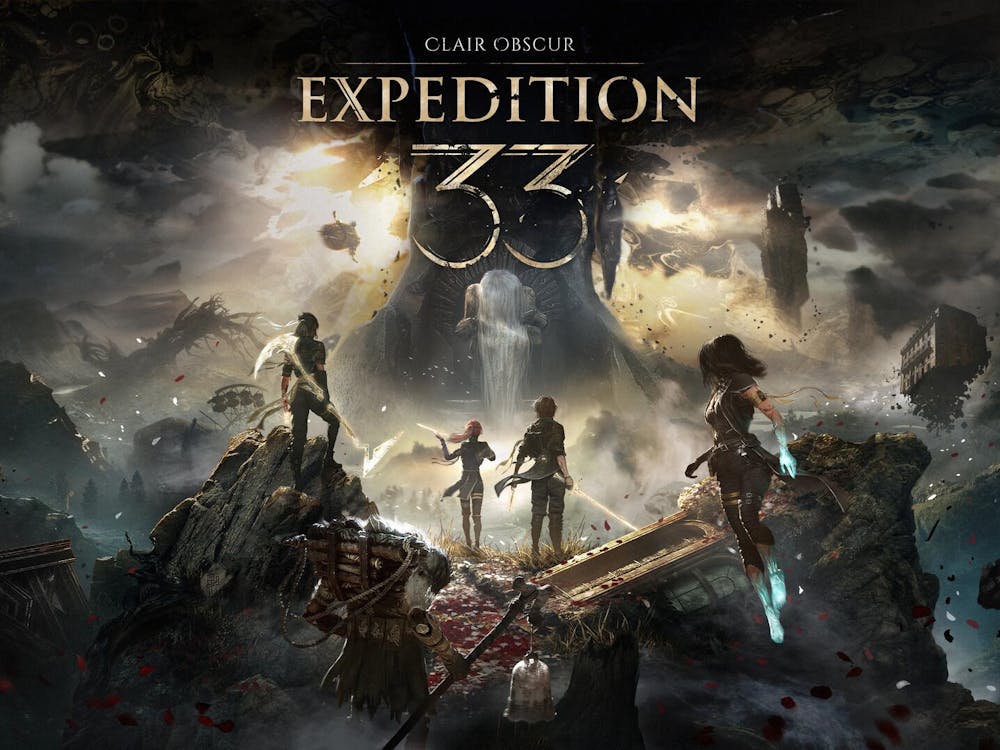@clingtoascheme
Nina Freeman does not make simple games. For years now Freeman has been quietly releasing short, autobiographical flash games that have been equal parts dazzling and heartbreaking in their introspection. No topic has proven too great for Freeman, as her explorations of sexuality and gender have been some of the most thoughtful to come from the medium in some time.
For her newest game, Cibele, Freeman has set her sights on the topic of online relationships, and, while her tact for dealing with complex topics remains, the delivery is disappointingly stale.
Logging On
Just like her previous work, Cibele is based on Freeman’s own life, this time focusing on a relationship she formed in an MMORPG. Over the course of six months the relationship goes from casual role-playing buddies to a more intense and, at times, sexual bond between Freeman and Blake (voiced by Justin Briner).
The nuance of their lives and relationship is where Cibele shines as Freeman’s skill at capturing the minute details of human connections comes through. Going through all the files on Freeman’s computer give the player insight into the person she was at that time and also provides context for why the relationship with Blake takes the route it does. Even the way the two chat with each other in the game rings true, with deeply personal conversations occasionally being broken up with comments like “nice hit.”
There is a sweet innocence to every bit of dialogue in Cibele that matches the two teenage characters well. Even as their relationship intensifies, sex is still a topic that is difficult for either to speak on. Both characters struggle with social interaction and through the game they’ve found a way to connect with someone else.

Where Freeman is more bound by her fear of being judge by others, especially boys her own age, Blake is dealing with an inability to understand what he wants out of life and his relationships with others. The narrative is intelligently crafted, giving these characters arcs that don’t push their characters to be either good or bad, but instead paints them as fully developed teenagers who are confused by all the feelings they have. Upon reaching the game’s beautifully sad ending I felt as though both characters had learned painful truths about each other and, after this moment, would be changed by the outcome of their actions.
Cibele is another fascinating look into Freeman’s life and provides some of her best writing yet. Sadly though the method in which she chose to deliver this narrative is ultimately what holds it back from being more impactful.
How We Say It

In the past, Freeman has used many different genres to help bring across ideas in her narratives. In Freshman Year the use of a multipath dialogue system helped bring across the fact that no matter what you chose, people will try to justify their evil actions through your choices. In How Do You Do It the use of a QWOP style control system lent itself well to showing a childlike understanding of sex. Each of these systems in turn added to the overall experience of the narrative, which is something that Cibele sadly lacks.
In order to progress through the narrative of Cibele, players have to play the fictional MMORPG, Valtameri, as Freeman and Blake talk. This wouldn’t be a problem if the these small gameplay segments added to their story at all, but at no point does it feel like any more than just a time sink. Players will be clicking on a motionless enemy once and watching their character slowly fight them until they die and then start the process over again.

This wouldn’t be a problem if these segments were not tied directly into the games progression. Instead though players will have to kill a certain number of enemies until a level boss shows up and just stands around while you hit it until it dies and the next dialogue section happens. These gameplay segments only act as a cheap way to extend the narrative run time and make what could have been a breezy twenty-minute experience into an hour long slog. The worst thing I can say about these sections is that I felt like the game could tell the same story more effectively without them.
TL;DR
Cibele is a game that would make a better movie than interactive experience. The narrative is top notch and would make for an excellent short film, but with hackneyed gameplay elements tacked on it feels as confused as the teenage heroes that inhabit it.
+ Wonderfully crafted narrative
+ Portrayal of a complex relationship
- Gameplay that exists to fill time
- Would work better as a film






